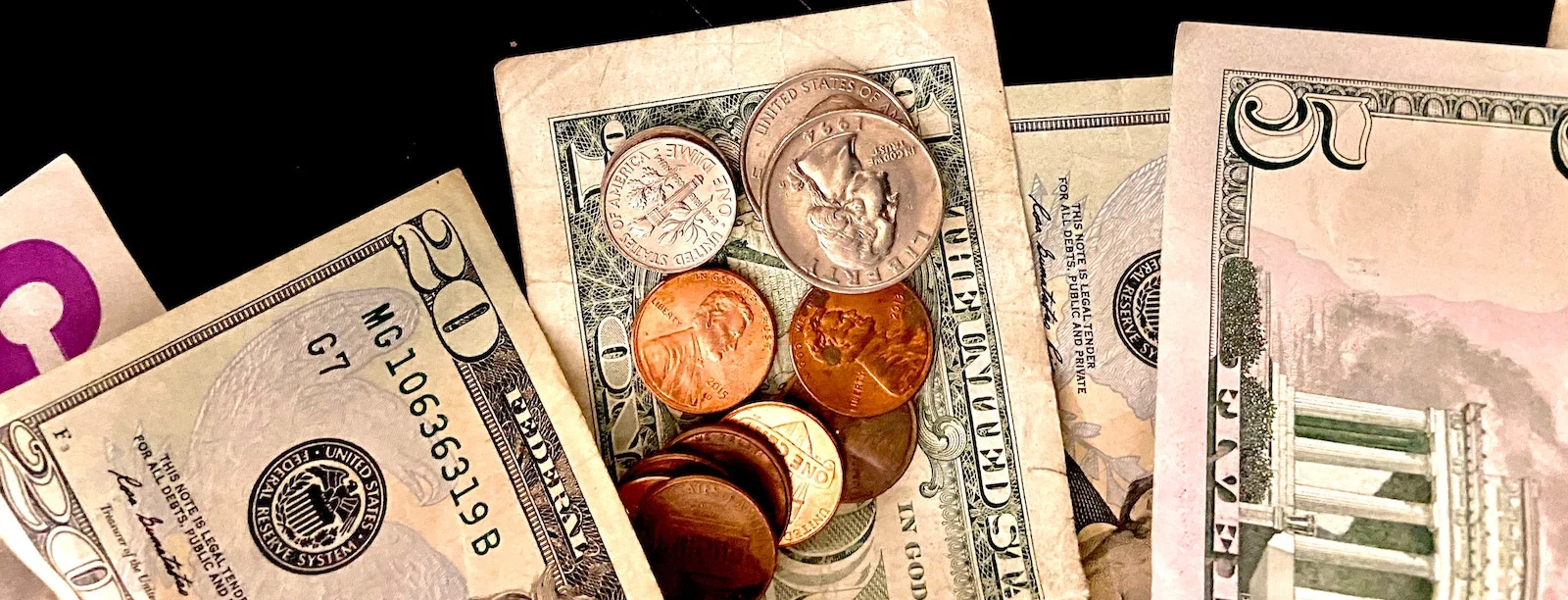Can cryptocurrency really replace the dollar? We explore the benefits, challenges, and potential future of money in this comprehensive article.
In today’s digital era, the question on everyone’s mind is, will cryptocurrency replace the dollar? The rise of cryptocurrencies like Bitcoin and Ethereum has created a buzz in the financial world. As more people adopt these digital currencies, there is growing speculation about the potential for them to replace traditional currencies, including the US dollar. This article explores the current status of cryptocurrencies, their potential to replace the dollar, and the challenges they may face.
The Emergence of Cryptocurrencies
In the last decade, cryptocurrencies have emerged as an alternative form of money. They are decentralized, digital currencies that are based on blockchain technology. The most popular cryptocurrency, Bitcoin, was created in 2009 by an unknown individual or group of individuals using the pseudonym Satoshi Nakamoto.
The Allure of Cryptocurrencies
Cryptocurrencies offer several advantages over traditional currencies, which have led many to wonder if they could replace the dollar. Some of the key benefits include:
- Decentralization: Unlike traditional currencies, which are regulated by a central authority, cryptocurrencies are decentralized. This means that no single institution or government controls the currency, reducing the risk of manipulation.
- Borderless Transactions: Cryptocurrencies are not tied to any specific country, allowing for seamless transactions across borders without the need for intermediaries, such as banks.
- Privacy and Security: Transactions made with cryptocurrencies are generally more secure and private than those made with traditional currencies, as they are encrypted and recorded on a digital ledger.
- Lower Transaction Costs: Cryptocurrency transactions often have lower fees compared to traditional banking transactions, making them more attractive for both consumers and businesses.

Can Cryptocurrency Replace the Dollar?
While the benefits of cryptocurrencies are clear, there are several factors that need to be considered when discussing the possibility of them replacing the dollar:
- Volatility: Cryptocurrencies are known for their price volatility, making them less attractive as a stable store of value. This can be a significant barrier to widespread adoption.
- Regulation: Governments around the world are grappling with how to regulate cryptocurrencies. In some cases, this has led to outright bans or restrictions on their use. The regulatory environment remains uncertain, and it is unclear how it will evolve in the coming years.
- Scalability: Cryptocurrencies need to be able to handle a large volume of transactions to truly replace the dollar. While there have been improvements in this area, scalability remains a challenge for many cryptocurrencies.
- Acceptance: For cryptocurrencies to replace the dollar, they need to be widely accepted by businesses and consumers. While adoption has been growing, it is still far from being a universally accepted form of payment.
- Infrastructure: The infrastructure required for cryptocurrency transactions, such as wallets and exchanges, needs to be more user-friendly and accessible for mass adoption to occur.
Conclusion: The Future of Cryptocurrency and the Dollar
Despite the challenges, the potential for cryptocurrency to disrupt the global financial system cannot be ignored. As technology advances and more people become familiar with cryptocurrencies, it is possible that they could eventually replace the dollar or at least coexist alongside it.
However, for this to happen, cryptocurrencies must overcome the barriers discussed in this article. It is also worth noting that the future of money is likely to be shaped by innovations that we have not yet imagined. As such, the answer to the question, will cryptocurrency replace the dollar, remains uncertain.
Ultimately, the future of money will be determined by how well cryptocurrencies can address their current challenges, the regulatory environment, and the willingness of businesses and consumers to embrace this new form of currency.